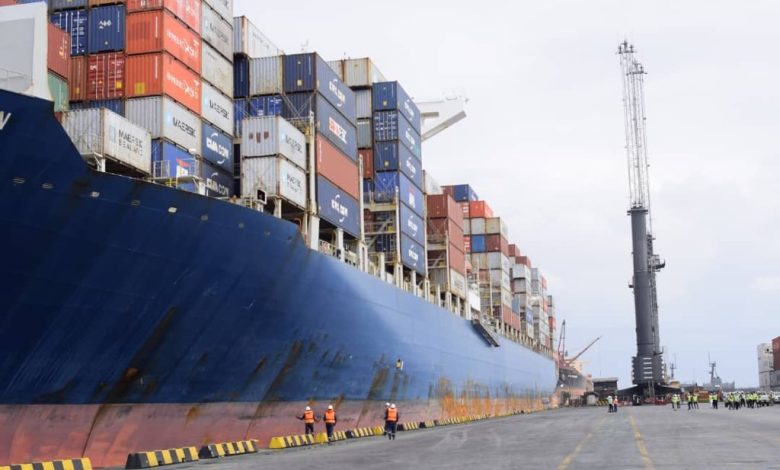
Due to the persistent increase in Customs exchange rates and foreign exchange instability in Nigeria, importers are reportedly diverting their shipments from Nigerian seaports to neighbouring ports in Ghana, Togo, and the Benin Republic.
The decision is attributed to the continuous rise in exchange rates for cargo clearance by the Central Bank of Nigeria (CBN).
Clearing agents have noted a significant decline in importation into the country, estimating a 65% reduction in business activities.
Frontline clearing agent Olubayo Akinlosotu highlighted that daily Customs examinations have dropped from 200-250 containers in 2023 to only 60-80.
The Central Bank of Nigeria has witnessed multiple adjustments in the exchange rates in recent months, with the most recent change on February 3, 2024, reaching N1,413.62/$1.
Importers argue that the fluctuating exchange rates have led to scarcity and increased Customs foreign exchange rates, prompting them to seek alternatives in neighbouring countries.
Akinlosotu expressed concerns about the potential consequences while speaking to Leadership newspaper.
He said: “If these importers divert their cargo to neighbouring ports, we all know that 80 per cent of them will end up in the Nigerian market either through smuggling or any other means of shipping.
“The implication is that it is the government that will lose at the end.”
National President of the National Council of Managing Directors of Licensed Customs Agents (NCMDLCA), Lucky Amiwero, referred to the situation as ‘importers Japa’ and blamed the floating exchange rate for the crisis.
He emphasized the need for stability to enable businesses to predict their importation costs and urged the government to address the challenges of exchange rate fluctuations.
The trend of importers abandoning Nigerian seaports raises concerns about potential economic implications, including increased smuggling and a negative impact on the government’s revenue. The call for a stable exchange rate and predictability in transactions resonates as a key concern among industry stakeholders.
